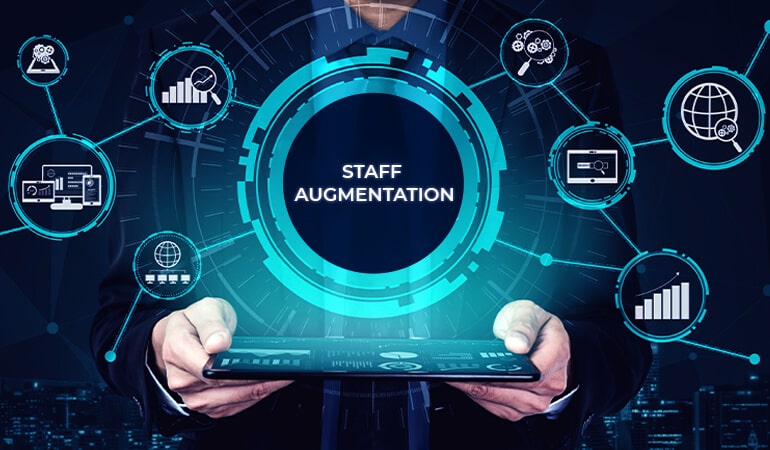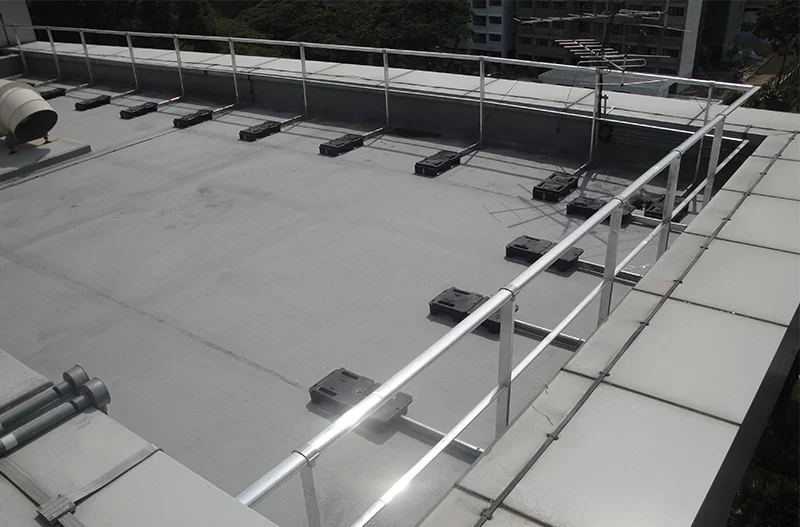What Does a Remote High Ticket Closer Actually Do?
A remote high ticket closer is a digital sales professional who specializes in closing deals for premium-priced products or services, typically ranging from $2,000 to over $50,000. Rather than relying on cold calls or traditional pushy sales tactics, these professionals engage qualified leads who have already expressed interest. The closer’s role is to guide the conversation, uncover needs, build trust, and help prospects confidently make high-stakes purchasing decisions.
This position isn’t about simply pitching a product. It’s about strategic conversations that lead to conversions. A remote high ticket closer listens attentively, addresses doubts, and ensures that the solution aligns with the prospect’s goals. These sales calls can happen via Zoom, phone, or other online platforms.
As more businesses shift toward digital offers, especially in coaching, consulting, and SaaS, the need for skilled remote high ticket closers has grown. They represent the final phase in the sales pipeline where qualified leads are turned into loyal clients. Their work significantly impacts a company’s revenue, making them one of the most valuable assets on any sales team.
Core Skills That Define a Successful Remote High Ticket Closer
To thrive as a remote high ticket closer, certain core skills are non-negotiable. First and foremost is active listening. The ability to hear beyond surface-level responses helps identify underlying motivations and hesitations. This sets the stage for more effective closing techniques.
Another essential skill is objection handling. Every prospect will have concerns—be it pricing, timing, or readiness. A successful closer anticipates these and addresses them with clarity and empathy. This transforms potential resistance into buying confidence.
Confidence and emotional intelligence are also crucial. A calm and composed demeanor makes it easier to earn trust. Prospects sense hesitation, so a strong closer must speak with certainty while still being respectful and relatable.
Discipline plays a significant role in this remote role. Without a boss looking over their shoulder, remote high ticket closers must manage their own schedules, track KPIs, and maintain consistency in performance. They often review recorded calls, refine scripts, and role-play to improve.
Time management, communication, and CRM familiarity round out the toolkit. These professionals treat sales like a science and craft their approach accordingly. This balance of art and method makes them indispensable in modern digital business models.
Where to Find Remote High Ticket Closer Opportunities
There’s no shortage of demand for remote high ticket closers. The rise of online coaching programs, virtual masterminds, real estate investing platforms, and high-end SaaS products has opened many doors. Startups and established brands alike seek closers who can consistently convert leads without adding pressure to their internal teams.
Platforms like LinkedIn, Close.com, We Work Remotely, and even Facebook groups dedicated to remote sales or online business are excellent places to begin the search. Some companies offer performance-based positions where earnings are tied directly to sales numbers. Others offer hybrid roles with base salaries and commissions.
Another strategic approach is to reach out directly to entrepreneurs and digital businesses offering high-ticket services. Many of them are actively looking for closers but haven’t listed openings publicly. A strong pitch, coupled with a short video introduction, can make a significant impression.
Sales training communities, webinars, and events can also be great networking grounds. Staying active in online communities shows initiative and positions aspiring closers for faster hiring. The more relationships built in these circles, the better the access to hidden job opportunities.
Daily Life of a Remote High Ticket Closer
A typical day starts with reviewing scheduled appointments, checking CRM notes, and preparing mentally for each conversation. Remote high ticket closers often work closely with lead setters who schedule qualified prospects for them, but some may handle their own outreach and follow-ups.
Each call is handled with precision. From the moment the conversation starts, the closer listens for buying signals and emotional cues. They guide the conversation using a proven structure—building rapport, discovering pain points, presenting a solution, and asking for a decision.
The daily workflow also includes entering detailed notes into sales systems, attending team calls, and reviewing recorded calls for self-improvement. They may also participate in role-playing sessions with other closers or their sales managers to sharpen their techniques.
Flexibility is a major perk. These professionals can work from anywhere, as long as they maintain consistent performance. Despite this freedom, most successful closers maintain a strict routine to stay productive.
The mental aspect of the job requires a strong mindset. Rejection is part of the process, and maintaining motivation between wins is key. Continuous learning, self-evaluation, and resilience play a big role in sustaining long-term results.
Earning Potential and Commission Models for Remote High Ticket Closers
One of the biggest draws to this career path is the income potential. Most remote high ticket closers operate on commission, with standard rates ranging between 10% and 20%. For a $10,000 offer, that’s $1,000 to $2,000 per sale. Multiply this by several closes per week, and the math becomes exciting quickly.
Some businesses offer higher commissions for recurring sales, subscription renewals, or tiered bonuses for hitting monthly goals. Closer roles may also come with perks like profit-sharing, mentorship opportunities, or performance incentives.
Earnings are tied directly to skill, consistency, and volume. Those who treat it like a career and not a side hustle tend to see exponential growth. Top-tier closers often earn six figures or more annually, and some hit multiple six-figure incomes working across multiple offers.
The financial model appeals to self-starters who enjoy being rewarded for performance. It also eliminates the ceiling common in salaried sales roles, giving ambitious professionals full control over their earning power.
Getting Started as a Remote High Ticket Closer Without Experience
Getting started doesn’t require a sales degree or fancy credentials. What matters is demonstrating competence and a willingness to learn. Many beginners begin by joining online sales training programs that focus on closing frameworks, lead psychology, and pitch structure.
Some of these programs come with placement assistance, helping students land gigs even while they train. Taking part in role-play communities, practicing mock calls, and studying top closers can speed up progress.
Entry-level opportunities often exist in smaller companies or with startup entrepreneurs who are open to hiring newer closers at lower commissions. These early roles help build experience and provide the numbers needed to pitch for more competitive roles later on.
Creating a closer portfolio—complete with call recordings, conversion rates, and client testimonials—makes a big difference. Businesses want proof, and showcasing results builds immediate credibility during interviews or pitches.
Why Businesses Rely on Remote High Ticket Closers to Boost Revenue
Automation can drive leads, but only a skilled human closer can guide a hesitant prospect to take action on a premium offer. Remote high ticket closers help businesses increase conversions without relying on aggressive tactics or cold calls.
These professionals serve as the final filter between interest and investment. Their insights into prospect behavior often help businesses refine their offers, adjust pricing, and improve marketing strategies.
Businesses also benefit from the performance-based pay structure. Rather than hiring a salaried team with uncertain ROI, they work with closers who earn only when deals close. This makes it a scalable model, especially for growing companies.
By working remotely, closers bring global flexibility to businesses, allowing operations across time zones and access to top talent worldwide. This agility gives businesses an edge in markets where competition is fierce and every conversion counts.
Frequently Asked Questions About Remote High Ticket Closers
What’s the difference between a remote high ticket closer and a regular sales rep?
A remote high ticket closer specializes in selling premium offers and usually works with pre-qualified leads, whereas traditional sales reps often handle cold outreach and lower ticket products.
How can I train to become a remote high ticket closer?
Several online programs offer sales-specific training for closers. Roleplay groups, coaching from experienced closers, and real call feedback are some of the best ways to improve.
Do I need to be in the U.S. to become a remote high ticket closer?
No. As long as you speak fluent English and have a stable internet connection, you can work with global clients from anywhere.
Are remote high ticket closer jobs full-time?
Many roles are full-time, but some companies allow part-time closers based on performance. Your earnings will scale with your availability and results.
Can I earn a living just by closing remotely?
Yes. With a solid offer and consistent pipeline, many closers make a full-time income—often exceeding traditional salaried roles.











